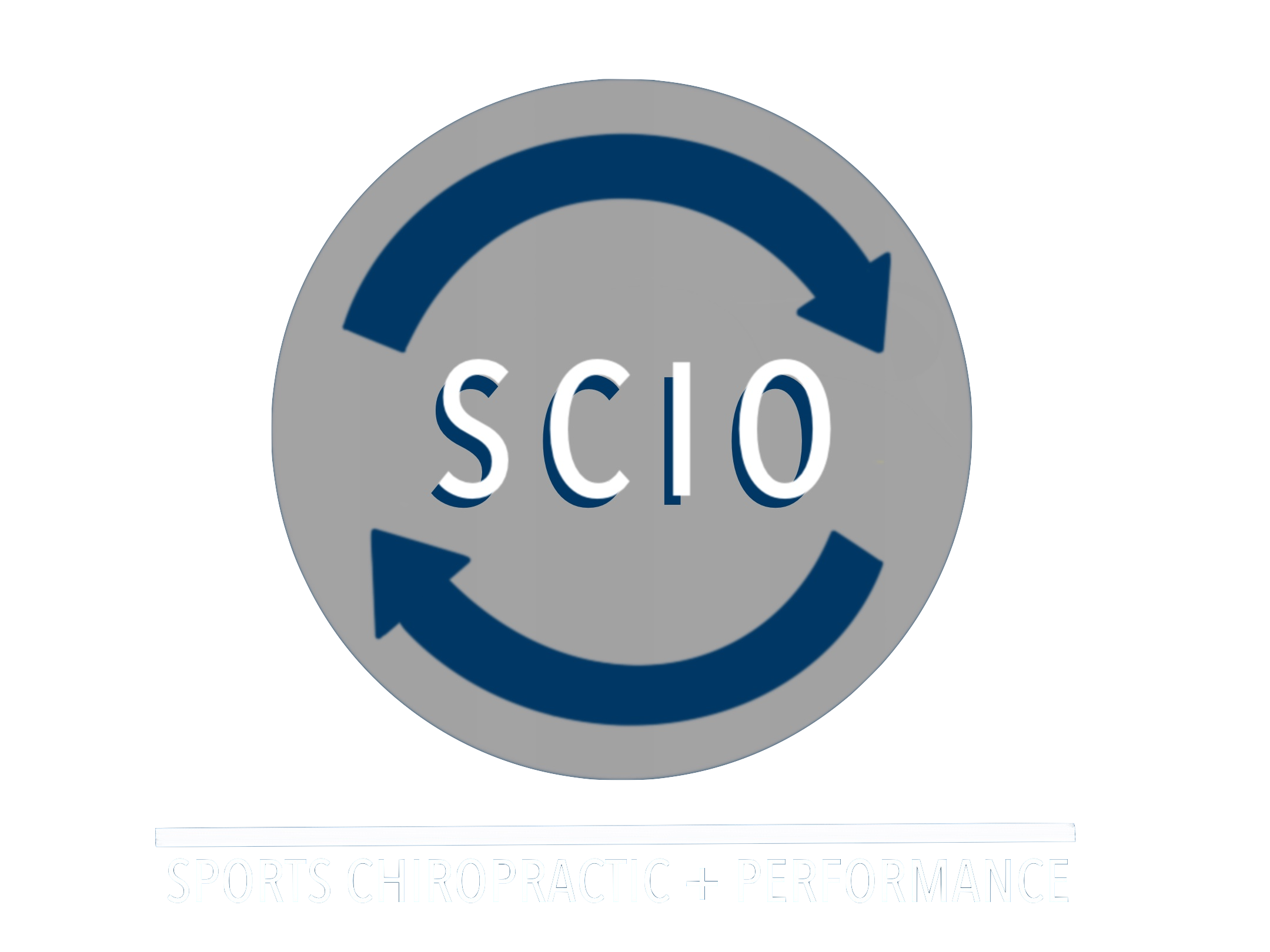What is Sports Chiropractic?
I had the privilege of starting my rugby career 10 years ago in high school. Since then, rugby has taken me to play all across the United States, different parts of Mexico and Canada, as well as in the Philippines.
But did you know that I went to chiropractic school on a rugby scholarship?
Before playing for my D1 chiropractic school, Life West, I had only seen a general chiropractor for a single neck injury and some low back pain after a pretty traumatic hit. It wasn’t until I went to chiropractic school that I realized how chiropractic and sports medicine could work so well together.
Prior to starting my doctorate program, I had no idea just how big the scope of chiropractic was – it was more than spinal adjusting. Interventions such as extremity adjusting, instrument assisted soft tissue manipulation, Kinesiotaping, myofascial release, electrical stimulation, therapeutic ultrasound, laser therapy, and more, are all within a chiropractor’s scope of practice (at least in California).
Before learning these treatment options, I experienced them first-hand as a patient-athlete. I have a history of repetitive knee injuries, shoulder dislocations, broken ribs, a broken nose, groin strains, tendinitis…the list goes on. I was SO lucky to have the resources and clinicians available to see me, almost daily, due to some of these injuries. To be honest, I had no idea how I played without a team of sports chiropractors around.
What exactly is a “sports chiropractor”?
To be honest, I hate the label “sports chiropractor”. The only other alternatives that would apply to me are “rehab chiropractor”, “evidence-informed chiropractor”, but those don’t sound as cool as “sports chiropractor”. I dislike the term because I find it negatively exclusive. When introducing myself as a “sports chiropractor”, I often get asked if I accept patients who deem themselves as unathletic - it’s a problem of definition in my opinion. Since my career in sports medicine began about 8 years ago, I have always learned and practiced with the idea that everyone is an athlete.
In my eyes, a sports chiropractor is a chiropractic clinician who utilizes modern evidence and procedures to treat musculoskeletal injuries or dysfunctions and promotes an active lifestyle based on educating the longevity of movement. But what does this mean? It means a forward-thinking doc who addresses joint/muscle/nerve conditions, who figures out why a patient is feeling what they are, and who teaches the patient how to take care of themselves.
Why should you see a sports chiropractor?
You should see a sports chiropractor because you need to understand what’s going on with your body and what you can do about it in a partnership with medical professionals. Because sports chiropractors are often forward thinking and understand the medical system, they can educate you on what can/should be done, how long it will take, and if you may need to see another professional.
One of the biggest benefits of seeing a sports chiropractor is the timeliness of getting answers or direction. One of the expectations I set with my athletes is that we can get you going in the right direction sooner than the typical medical system. Growing up in a family of medical professionals, and experiencing countless injuries myself, I have seen the common route to getting care for conditions
Let’s take a knee injury, for instance. If it’s bad, you go to urgent care or the emergency room and they rule out the worst-case scenario (after a few hours of waiting). Then you follow up with your primary care provider (PCP) a few days later, then you get a referral to a specialist for the next week, then you get sent out for imaging, then you have to see the specialist about the results of said imaging, THEN you get a plan of action. But how much time has elapsed from when you hurt your knee to when you got some direction? Probably 2-4 weeks, at best. And this is for direction, not action.
As a sports chiropractor, if you get hurt on a Sunday, I can see you the next day, evaluate and exam you, give you a preliminary diagnosis, start treating you, instruct you on what you can do at home, and set expectations moving forward. I’m not telling you to skip out on your PCP or even to hesitate on taking a trip to urgent care, but for most musculoskeletal conditions, time is of the essence. You see this as an example in pre-operative rehab.
But what if I don’t have any symptoms, should I see a sports chiropractor?
In my professional opinion, that is up to you. As a sports chiropractor, the majority of my patients come in with problems that aren’t low back pain or neck pain.
I help people fix problems. Problems can be a twisted ankle from pick-up basketball, they could difficulty picking up your kid when they want to be held, they could even be headaches after a long workday. Problems could also be not understanding how to stay active with a busy lifestyle. Problems could be plateauing in the gym.
If you’ve got problems like the ones listed above, then maybe you should come see us!
